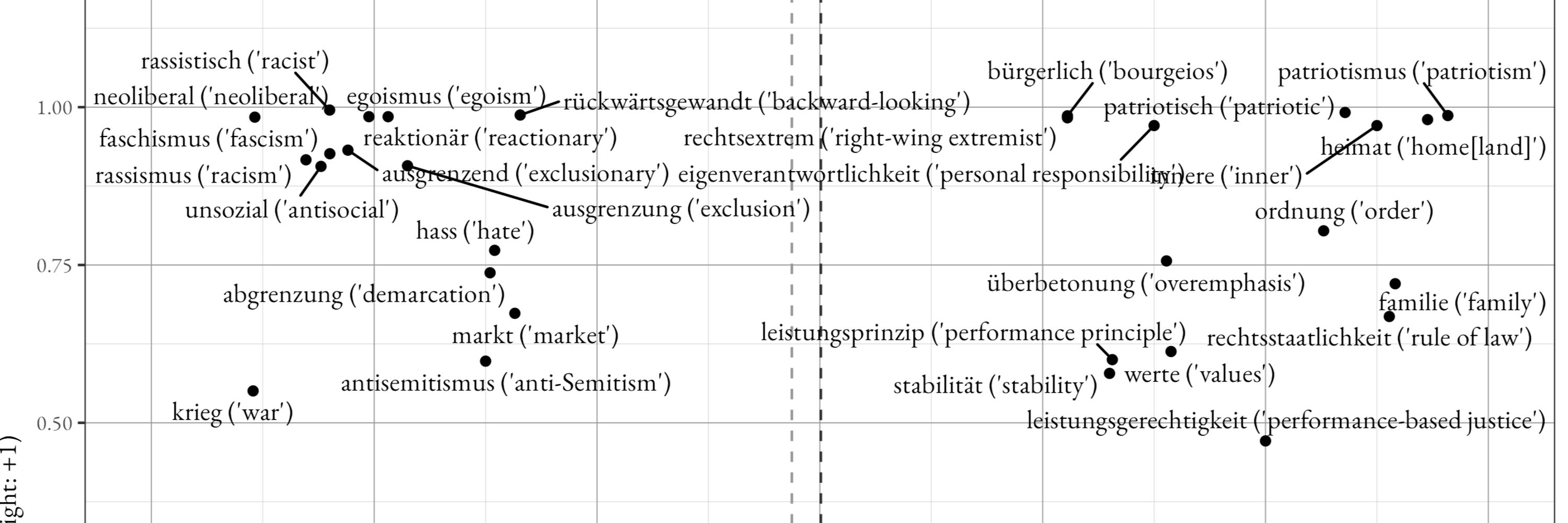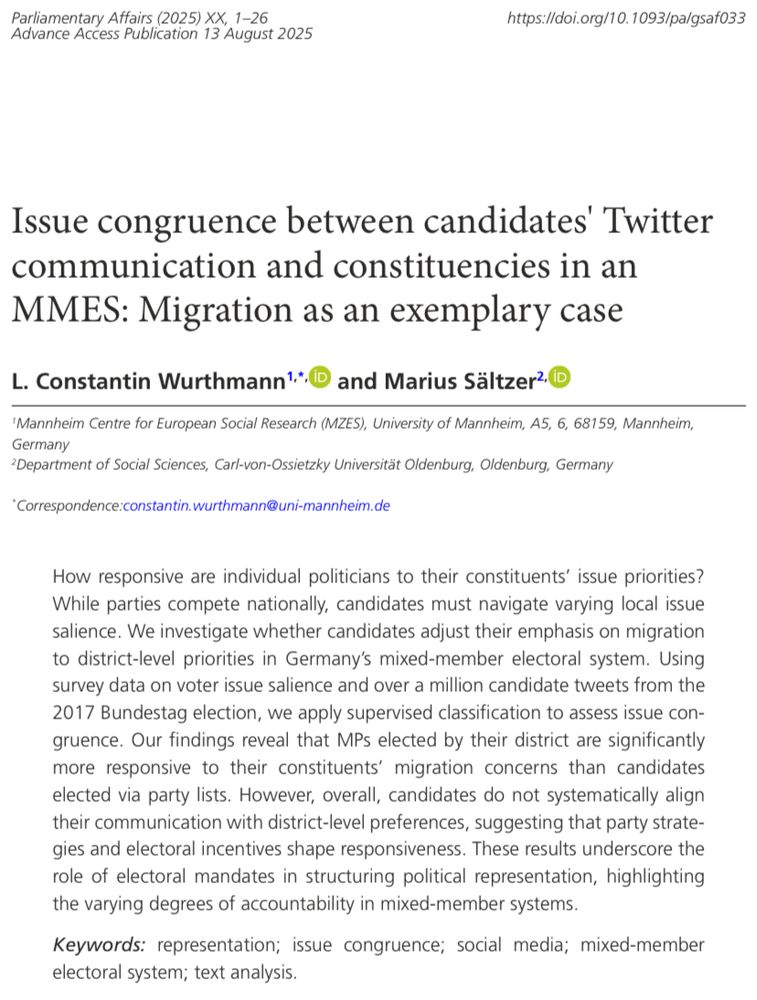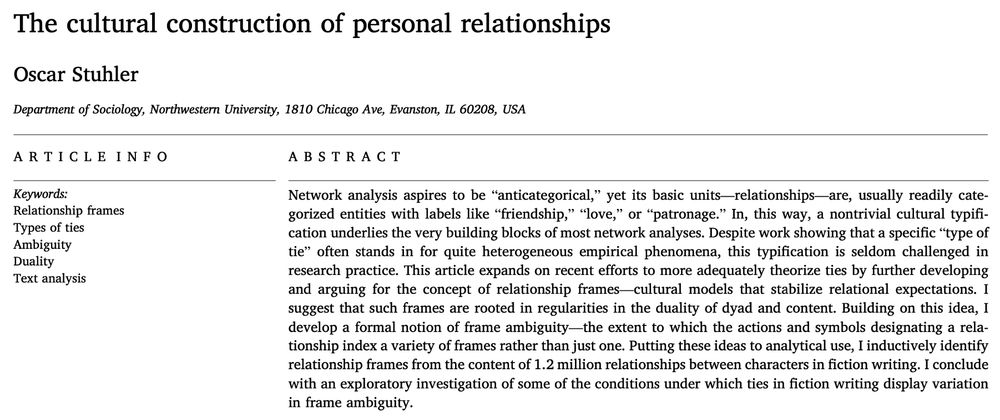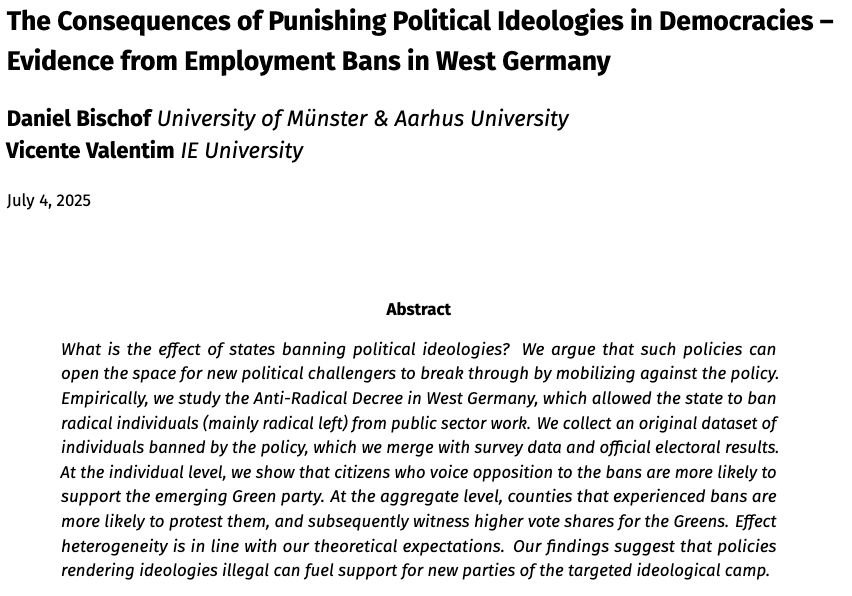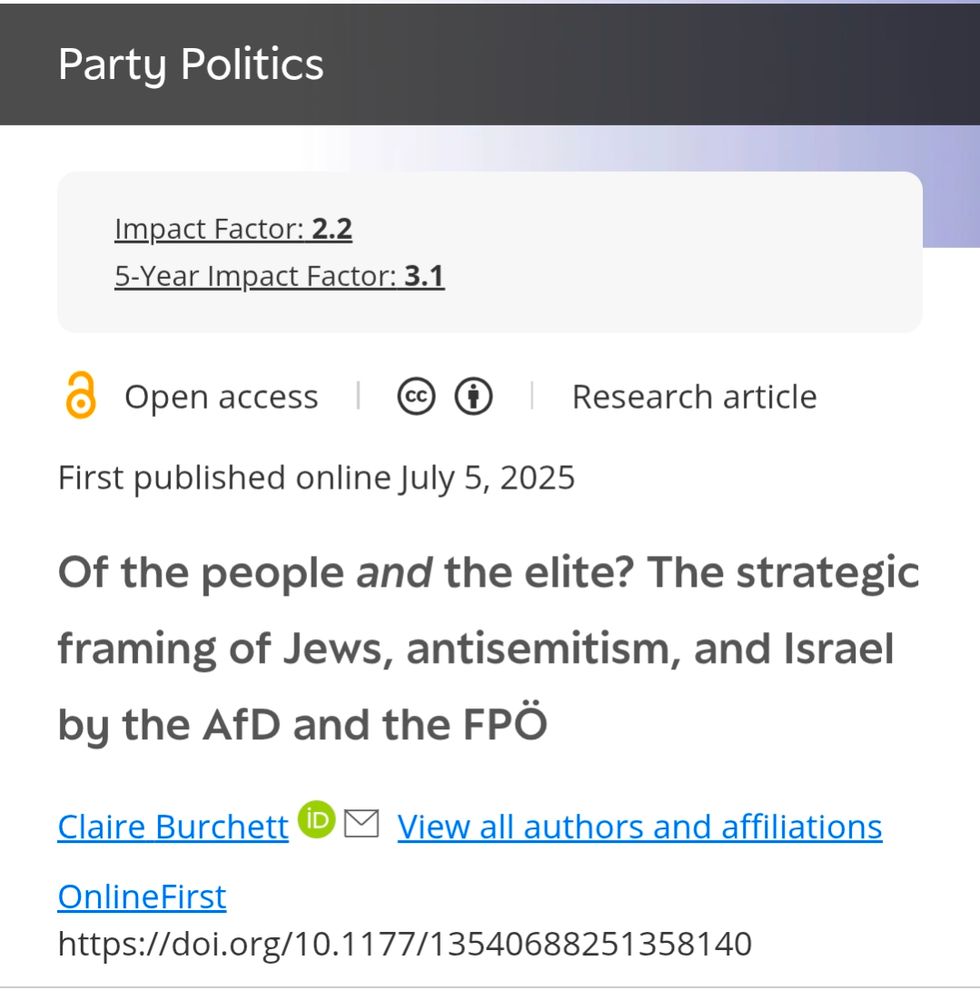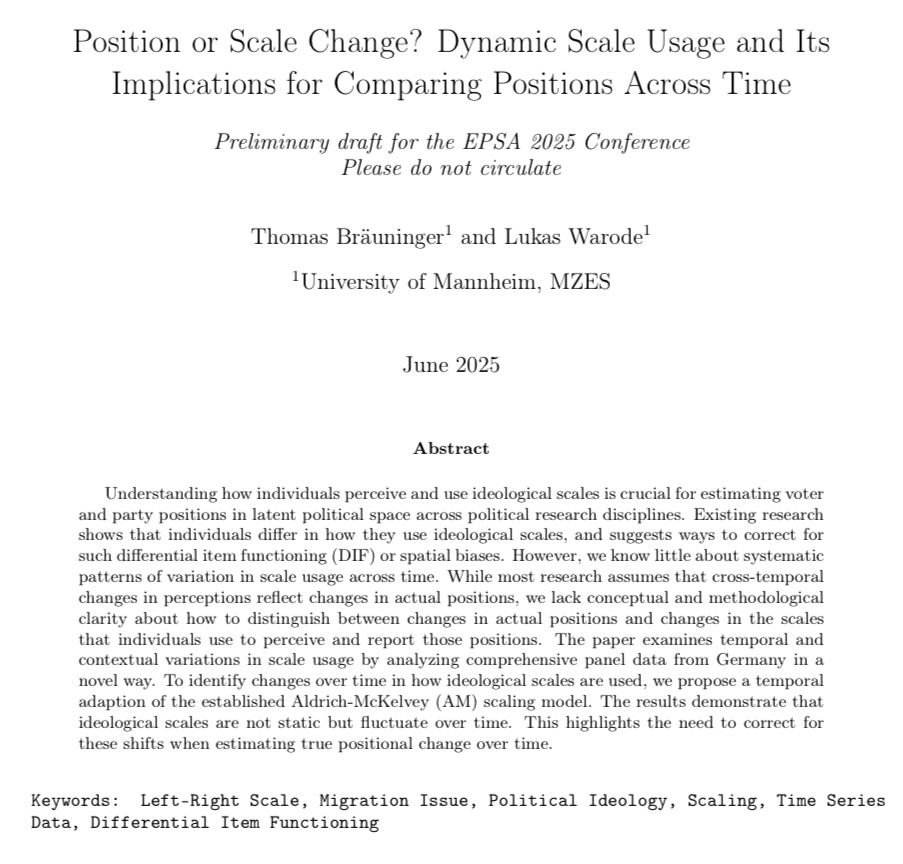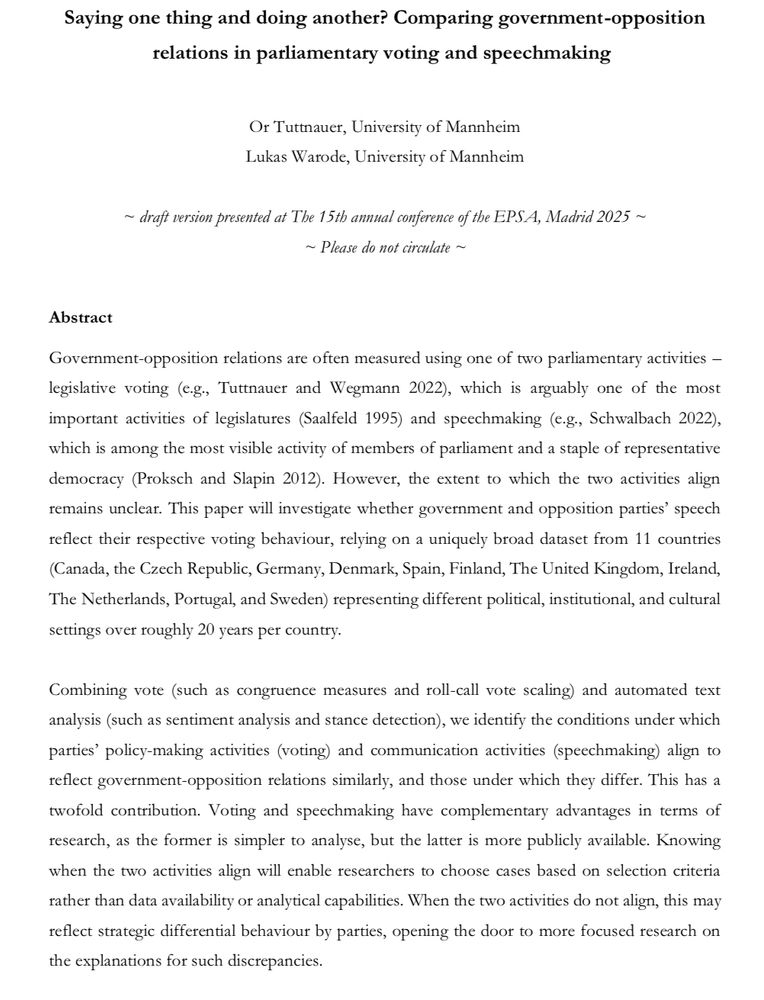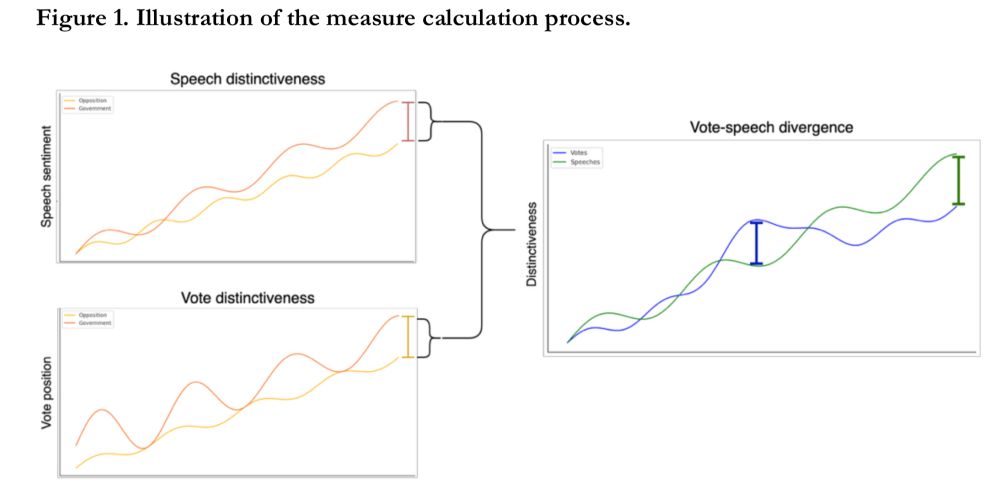Lukas Warode
@lwarode.bsky.social
290 followers
350 following
29 posts
Political Science PhD Student, University of Mannheim.
Dissertation: How political elites view and semantically associate the ideological labels “left” and “right” across the political spectrum.
lwarode.github.io
Posts
Media
Videos
Starter Packs
Reposted by Lukas Warode
Reposted by Lukas Warode
Lukas Warode
@lwarode.bsky.social
· Aug 26
Lukas Warode
@lwarode.bsky.social
· Aug 25
Reposted by Lukas Warode
Reposted by Lukas Warode
Reposted by Lukas Warode
Reposted by Lukas Warode
Lukas Warode
@lwarode.bsky.social
· Jul 10
Reposted by Lukas Warode
Toni Rodon
@tonirodon.bsky.social
· Jul 9
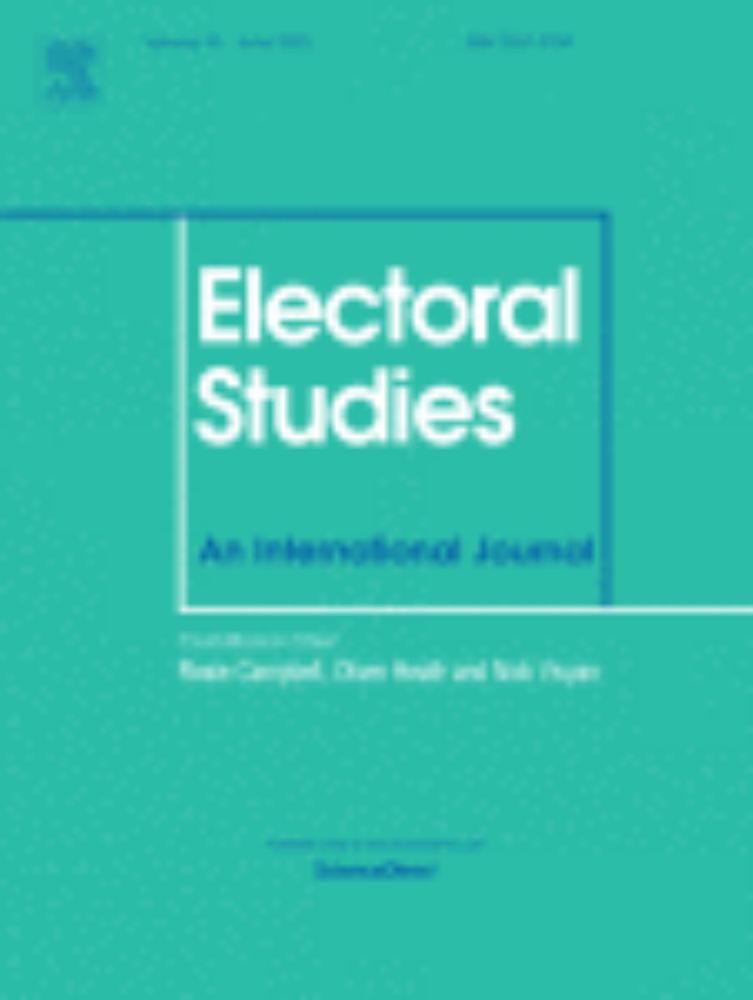
The East in wolf’s clothing. Wolf attacks correlate with but do not cause far-right voting
The resurgence of wolves in Germany has sparked intense debate, particularly in rural areas where wolf attacks on livestock are frequent. Prior resear…
www.sciencedirect.com
Reposted by Lukas Warode
Toni Rodon
@tonirodon.bsky.social
· Jul 9

The East in wolf’s clothing. Wolf attacks correlate with but do not cause far-right voting
The resurgence of wolves in Germany has sparked intense debate, particularly in rural areas where wolf attacks on livestock are frequent. Prior resear…
www.sciencedirect.com
Lukas Warode
@lwarode.bsky.social
· Jun 29
Lukas Warode
@lwarode.bsky.social
· Jun 29
Reposted by Lukas Warode
Nicolai Berk
@nicolaiberk.bsky.social
· Jun 29
Reposted by Lukas Warode
